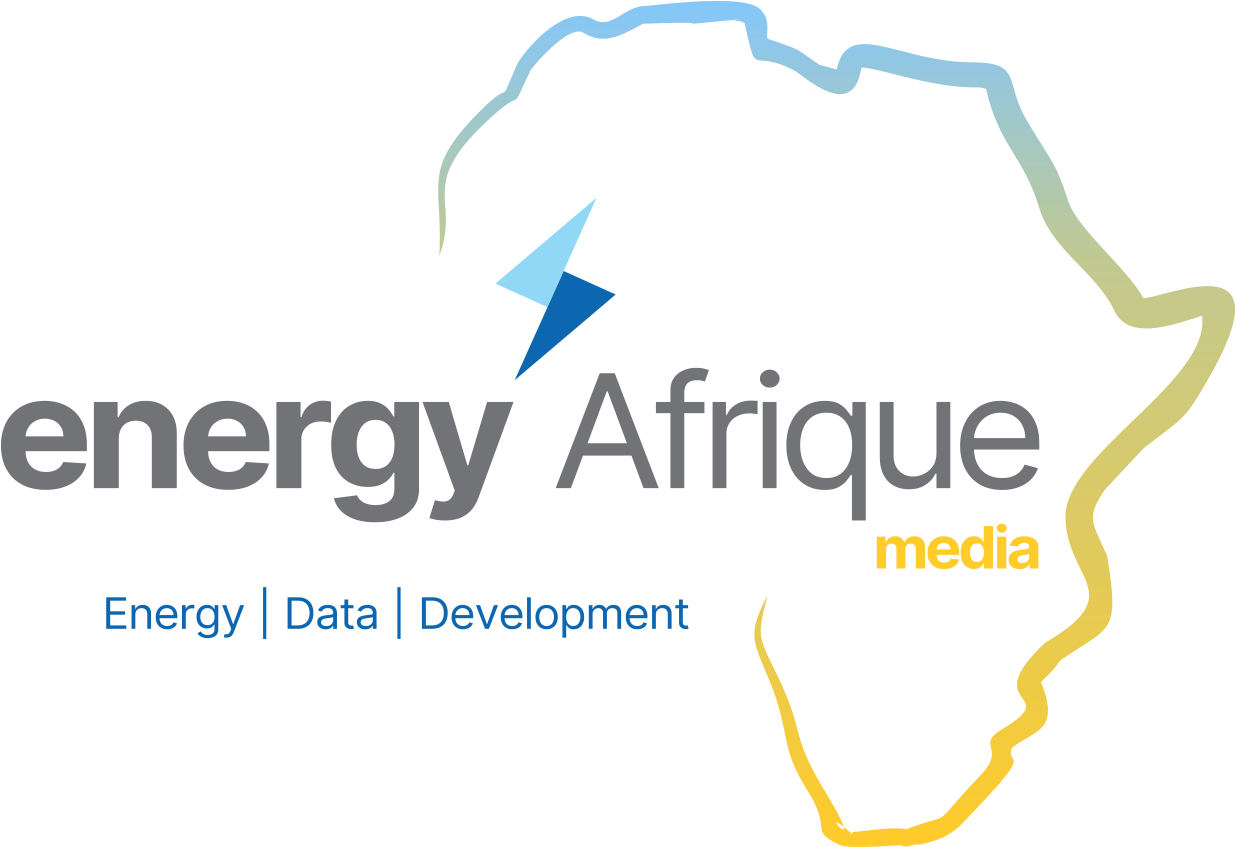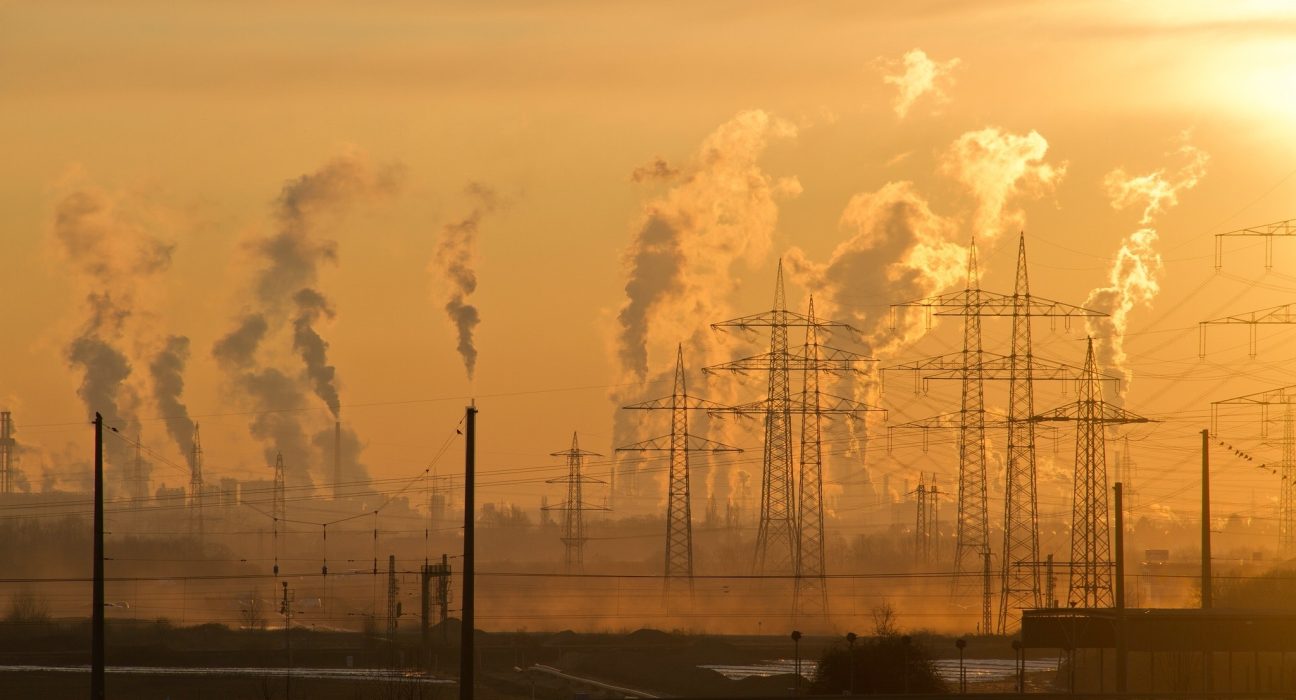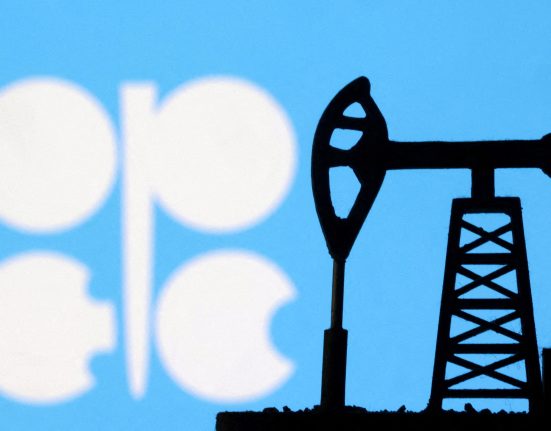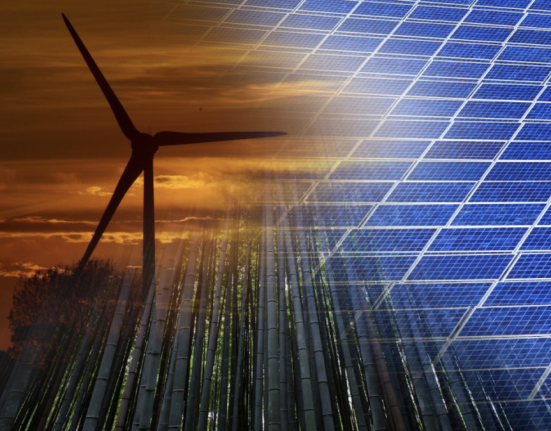South Africa has taken a significant step towards resolving its energy crisis with the approval of a ground-breaking $1 billion loan from the World Bank. The country has been unable to generate enough electricity for its 62 million people, leading to widespread blackouts throughout this year.
Energy Afrique reported on Thursday, that the country is facing regular power breakdown due to its ageing coal-fired plants which is run by state-owned Eskom, which generate approximately 80% of South Africa’s electricity and need extra 4-6 gigawatts (GW) of generating capacity. Unfortunately, those power plants too have failed to meet demand due to mismanagement, corruption, and regular breakdowns in operation.
The crisis also threatens South Africa’s commitment to its climate change targets due to the adverse effect of coal-fuelled power generation on the environment with President Cyril Ramaphosa announcing in April that it may delay shutting down some of its coal stations because of the electricity supply problems.
This transformative loan program aims to address South Africa’s energy problems with a focus on long-term energy security. It supports the restructuring of the country’s power sector, emphasizing the dismantling of Eskom, aiming to create a more open power market and channel resources into critical investments in transmission infrastructure and existing power plant maintenance.
The program also seeks to actively encourage private investment in renewable energy and promoting the country’s transition to low-carbon economy. As one of the world’s top 20 greenhouse gas emitters, with a significant portion of emissions coming from the energy sector, South Africa’s shift towards renewable energy is of paramount importance.
The loan program is expected to stimulate economic growth, create jobs through new investments in renewable energy generation, and provide vulnerable households protection against recent electricity tariff increases.









